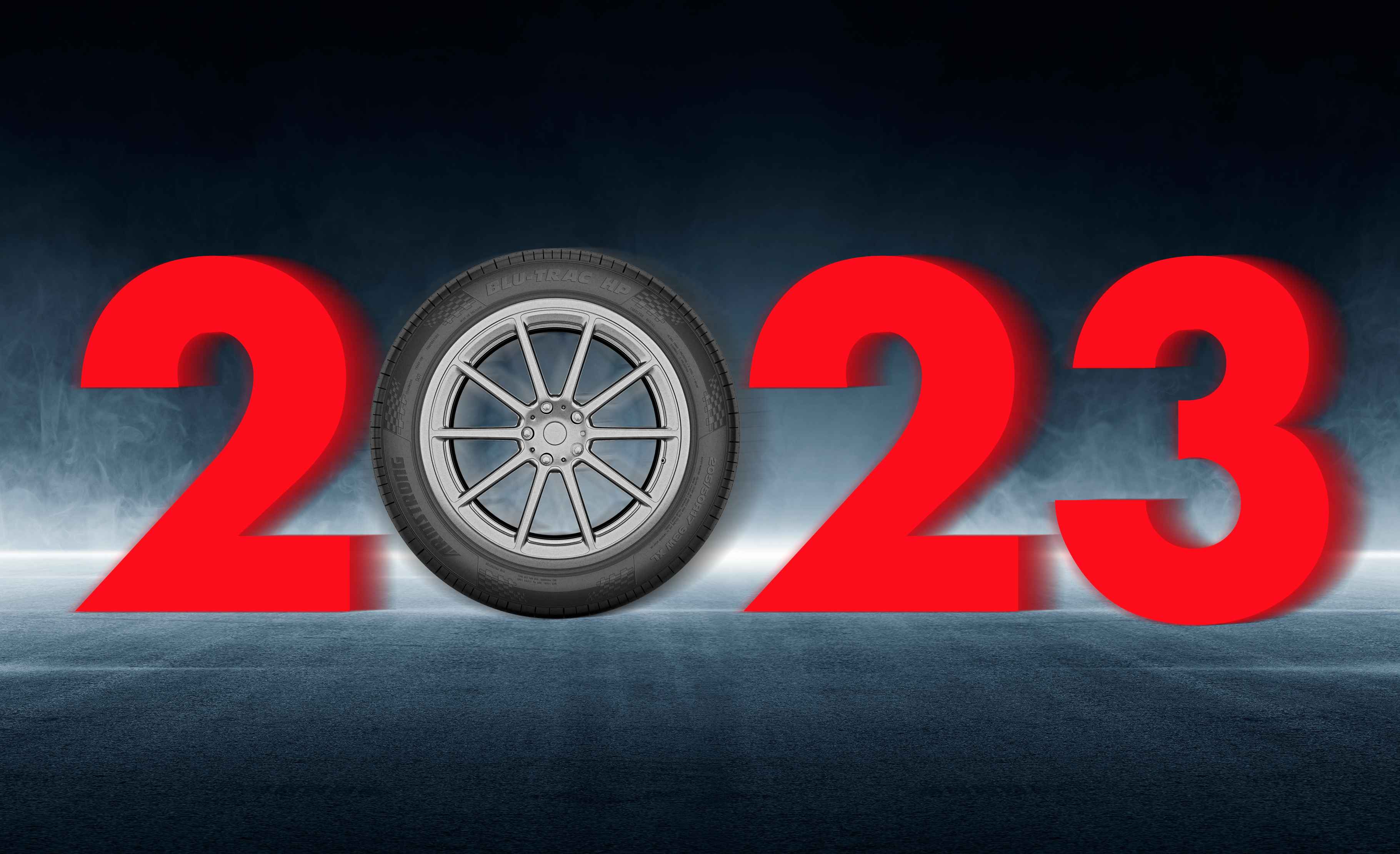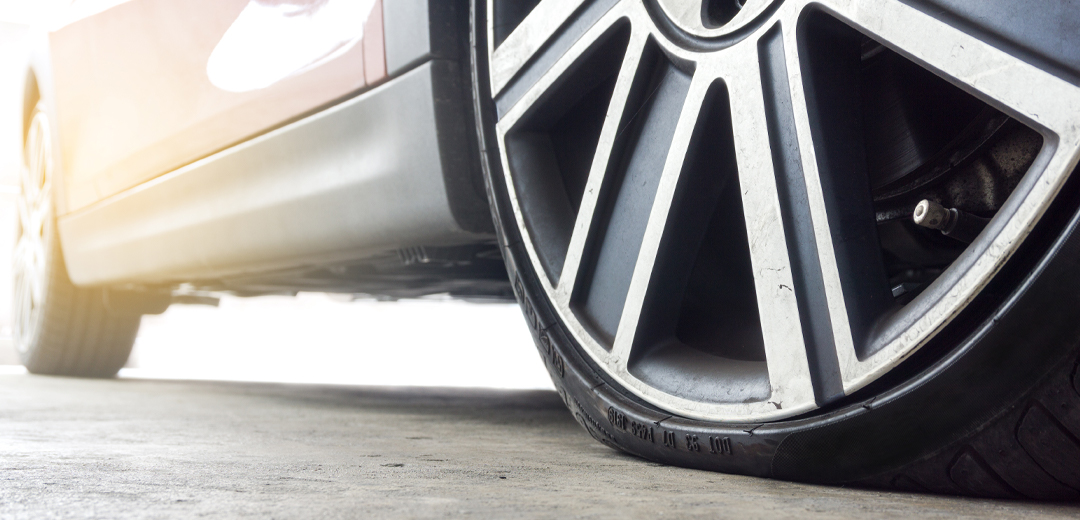
Choosing the proper wheel for your car is a critical choice impacting your finances, both in terms of gas consumption and the lifetime of your wheels. There are two options for wheels: alloy wheels and steel wheels (or alloy rims and steel rims). Every material has benefits and downsides. This article will analyse the advantages and drawbacks of each style of wheel, from price to performance, to help you make an informed purchasing decision regarding your forthcoming tyre purchase. If you want wheels that are both stylish and functional, alloy wheels are the way to go. Alloy wheels are more visually attractive than steel wheels and perform better in general. They're constructed using a variety of metals, most typically aluminium or magnesium. The mixture makes it lighter than steel, which decreases fuel consumption while improving acceleration, braking, manoeuvrability, and handling. They are also resistant to corrosion and dust, reducing the need for wheel maintenance with time. Alloy wheels are available in a wide range of styles and prices. Alloy wheels provide greater customisation possibilities and more complex styles and coatings when compared to steel wheels. Alloy wheels have a significant benefit in terms of fuel efficiency, particularly in urban areas. The lighter alloy wheel frame will put less strain on your car's suspension. This will also enable quicker acceleration. Alloy wheels are now the standard wheels for most automobiles due to their great performance and appealing appearance. They account for the vast majority of OEM wheels on the market. The biggest downside of alloy wheels is their short lifespan. When struck by a car, alloy wheels flex and even shatter more easily than steel wheels. Alloy wheels' aesthetic beauty is also jeopardised because they are more readily damaged. Steel wheels, sometimes known as steelies, are automotive wheels made of metal. Because of their low cost and basic design, they are fairly common and are frequently featured as standard wheels on the cheapest base trim of numerous automobile models. Steel wheels are better suited for drivers searching for a less expensive, more durable alternative. Steel wheels are stronger than alloy wheels, making them excellent for use in the winter and on larger cars. Steel wheels have a significant advantage over alloy wheels in terms of durability. Steel wheel cracking is practically impossible, and steel wheel bending would take considerable effort. Steel wheels will not rust as long as you keep the coat of paint on them as needed. Steel rims are inherently rough and durable, so cosmetic damage is rarely a concern. This also makes repairing a bent steel wheel easier because there is no risk of harming the aesthetics. You may quickly convert your bent steel wheel back into form, using simple tools like a hammer. Another benefit of steel wheels is their low cost. If you need to replace your steel wheel, the cost will be less than that of an alloy replacement. There are fewer possibilities available as compared to alloy wheels, but steel wheels, in general, do not have an aesthetically attractive appearance. However, wheel covers are available in a variety of styles to enhance the appearance of your car if desired. During the winter, the greater weight of steel wheels is advantageous. The increased friction will protect your car tyre from slipping on ice and snow. For this reason, and to keep their alloy wheels in the best possible condition, many owners may swap to steel wheels when the weather outside gets nasty. When compared to alloy wheels, the increased weight results in lower gas mileage and performance. Steel wheels add "unsprung weight," which might decrease your vehicle's centre of gravity. This added weight might reduce your vehicle's agility and acceleration. This can also place a strain on your vehicle's suspension and other components. Steel rims are incompatible with automobiles that are not designed for them. It is not suggested to utilise steel wheels on a vehicle designed for alloy wheels. Steel wheels are also limited in size since most are built with 16′′ or smaller rims. As a result, on high-performance and bigger cars, you cannot downgrade to a pair of steel rims. Finally, there aren't as many design or customization alternatives as there are with alloy wheels.What are Alloy Wheels?
Alloy wheels are wheels constructed from an alloy of aluminium or magnesium.
Alloy Rims Pros & Cons
What are Pros of Alloy Wheels?
What are Cons of Alloy wheels?
What are steel wheels?
What are the Pros of steel wheels?
What are Cons of steel wheels?
.jpg)
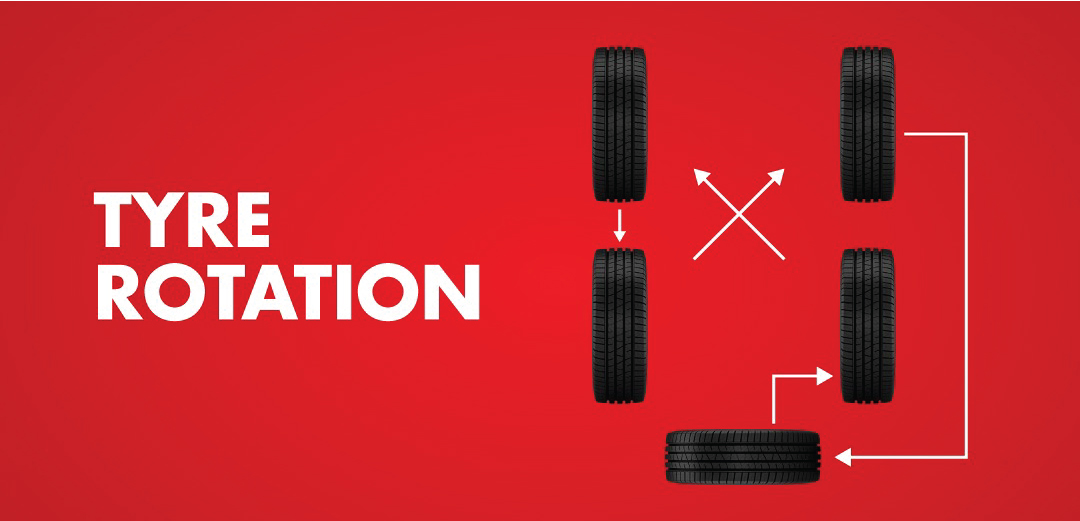
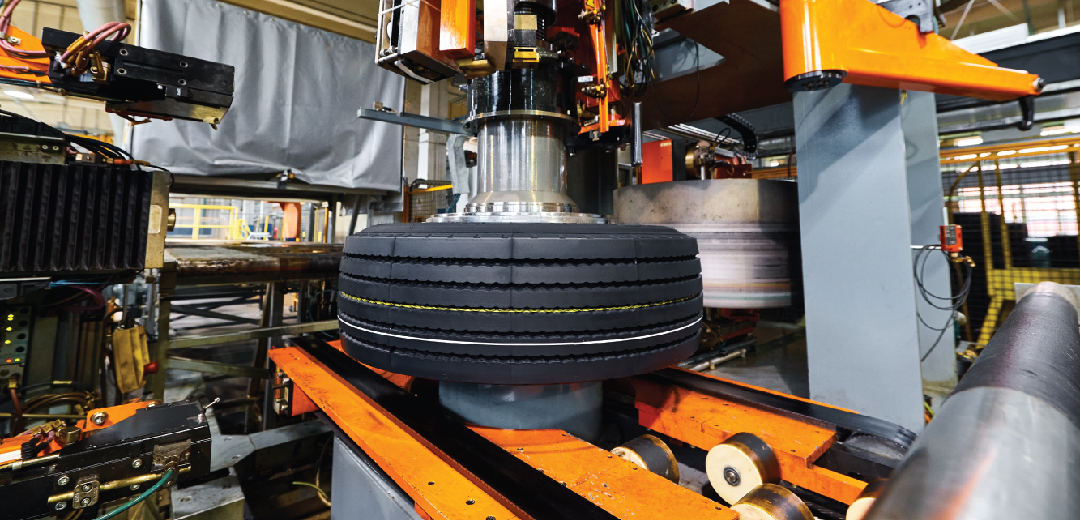
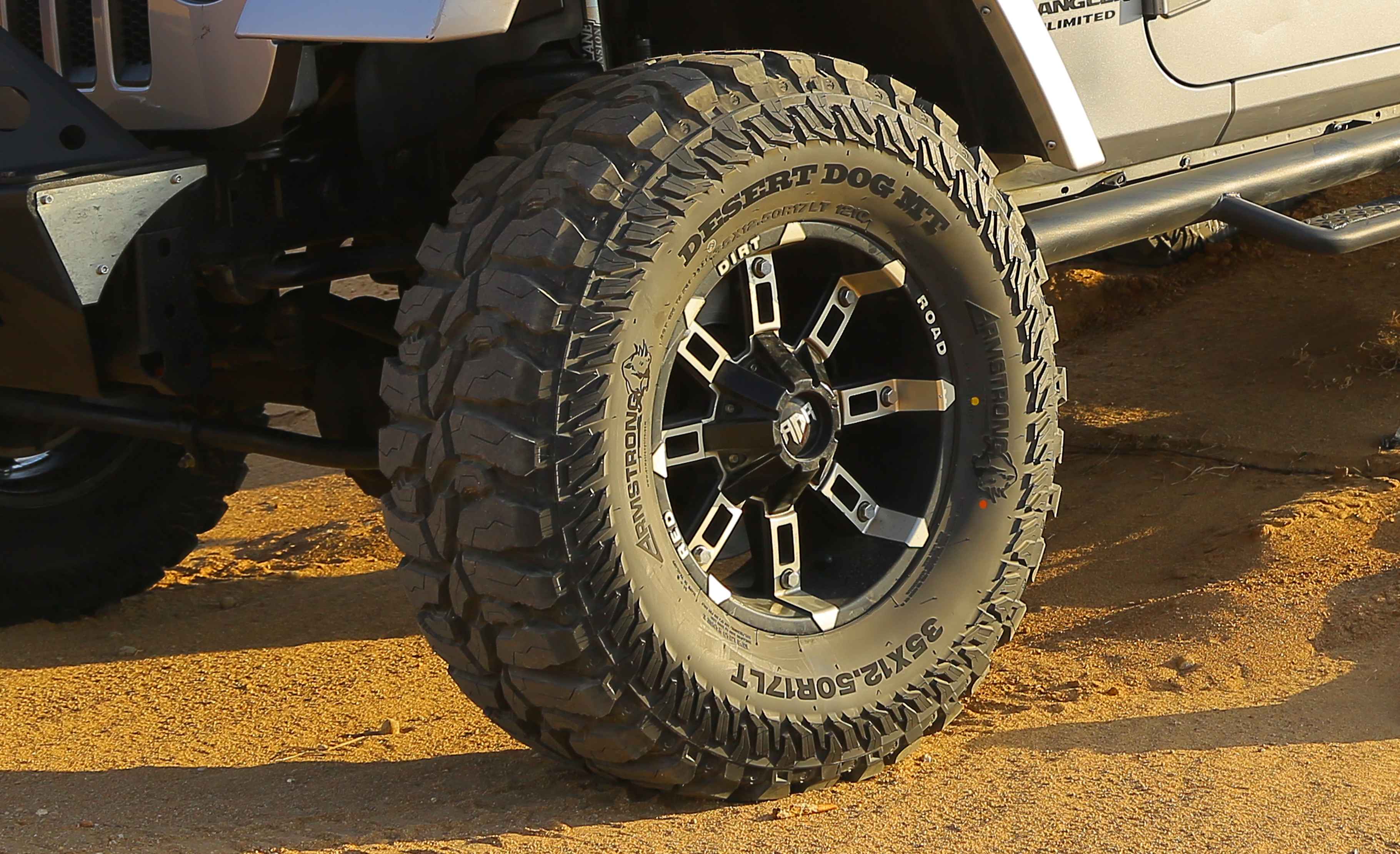
Armstrong Tyre's Guide to Safe Summer Driving in MEA: Tips, Tricks, and Tyre Safety
13-Jul-2023
Read More